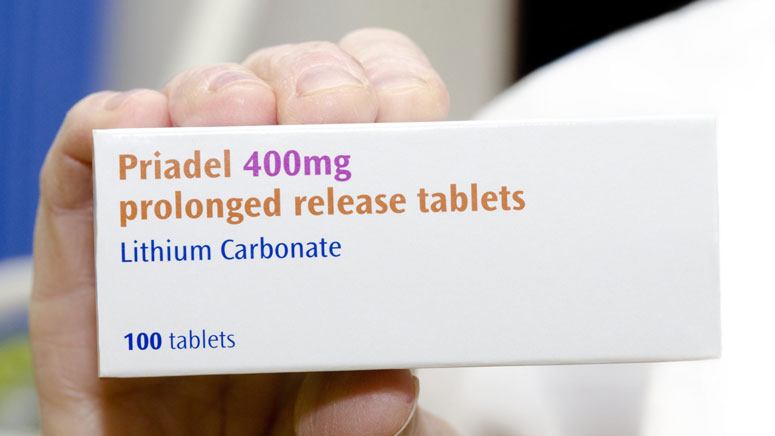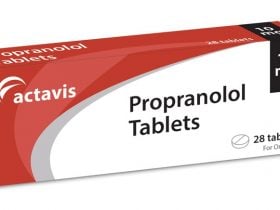Lithium

The generic name of lithium is lithium carbonate and lithium citrate. The drug is available in tablets, capsules, and liquid. Its brand names are Eskalith CR, Lithobid, and Eskalith. The primary function of lithium is to help stabilize moods in the brain. Doctors usually use it to treat acute mania or bipolar disorder.
Dosage- 600–1,800 milligrams (mg) of lithium carbonate daily.
It might take weeks for you to start seeing the effects of lithium. The drug should be taken daily for it to be effective. For the past ten years, lithium has been effective in treating bipolar disorder. Some of its side effects include:
- Reduced thyroid activity
- Nausea
- Diarrhoea
- Shaking
- Dry mouth
- Fatigue
- Frequent urination
- Weight gain
- Emotional numbness or a “dull” feeling
- Loss of appetite
- Kidney damage
- Increased thirst
If you are taking lithium, it is important to take fluids regularly to prevent dehydration. Staying hydrated helps control the lithium levels in the blood. Your health care provider will monitor your levels regularly.
You may experience the following if the lithium levels in your blood are not properly monitored:
- Muscle weakness, twitching, and tremors
- Trouble concentrating
- Confusion
- Poor coordination
- Diarrhoea
- Fatigue
- Vomiting
- Seizures
- An irregular heart rhythm
If you experience any of these symptoms, you can call 911. In some cases, lithium toxicity can lead to death or coma. Your health care provider will also observe creatine levels in the blood to make sure your kidneys are not getting overwhelmed by the drug. The kidneys create creatinine as a waste product. If your blood contains high levels of creatinine, it means your kidneys are not working properly.













